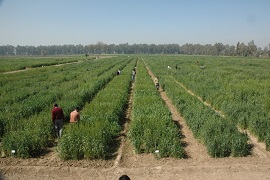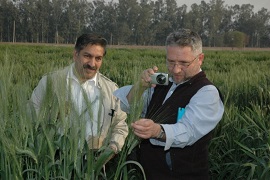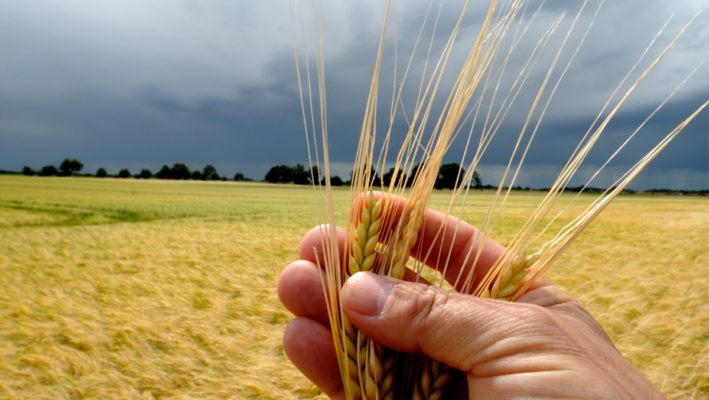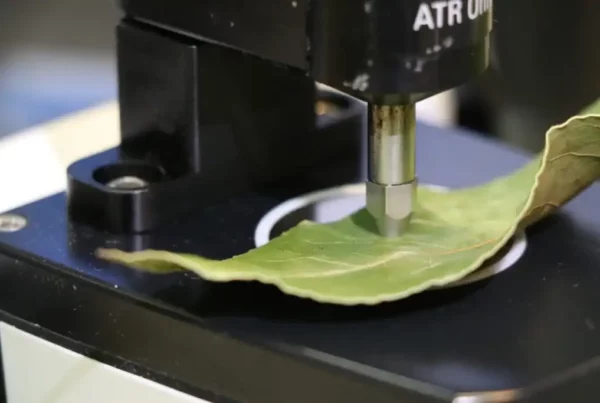The first such study conducted on comprehensive and systematic evaluation of the entire collection of wheat, ~22,000 accessions conserved in the Indian National Gene Bank.
The national wheat improvement program in India has contributed significantly toward achieving food security since the advent of the green revolution in the 1960s. However, for the sustainable wheat production in this era of climate change, high yielding thermo-tolerant varieties with durable disease resistance, and with the capacity to produce more with less of water and fertilizers are urgently needed.


To address these challenges, it was always desired to evaluate all lines of wheat germplasm conserved in the National Gene Bank at NBPGR (ICAR) for the identification of promising lines for use by breeders and researchers using modern genomics tools. However, this was a gigantic task and never attempted before involving all (about 22,000) wheat accessions conserved in the Genebank.
Prof Bansal, Global Plant Council’s board member and former Director of ICAR-National Bureau of Plant Genetic Resources (New Delhi) started in 2011 this initiative involving scientists from the ICAR-NBPGR and wheat researchers across the country; conducted the trials at national level at different hotspots for resistance to various diseases and heat stress, and identified promising lines.
Read the paper: Crops Science
Image credit: CCO







